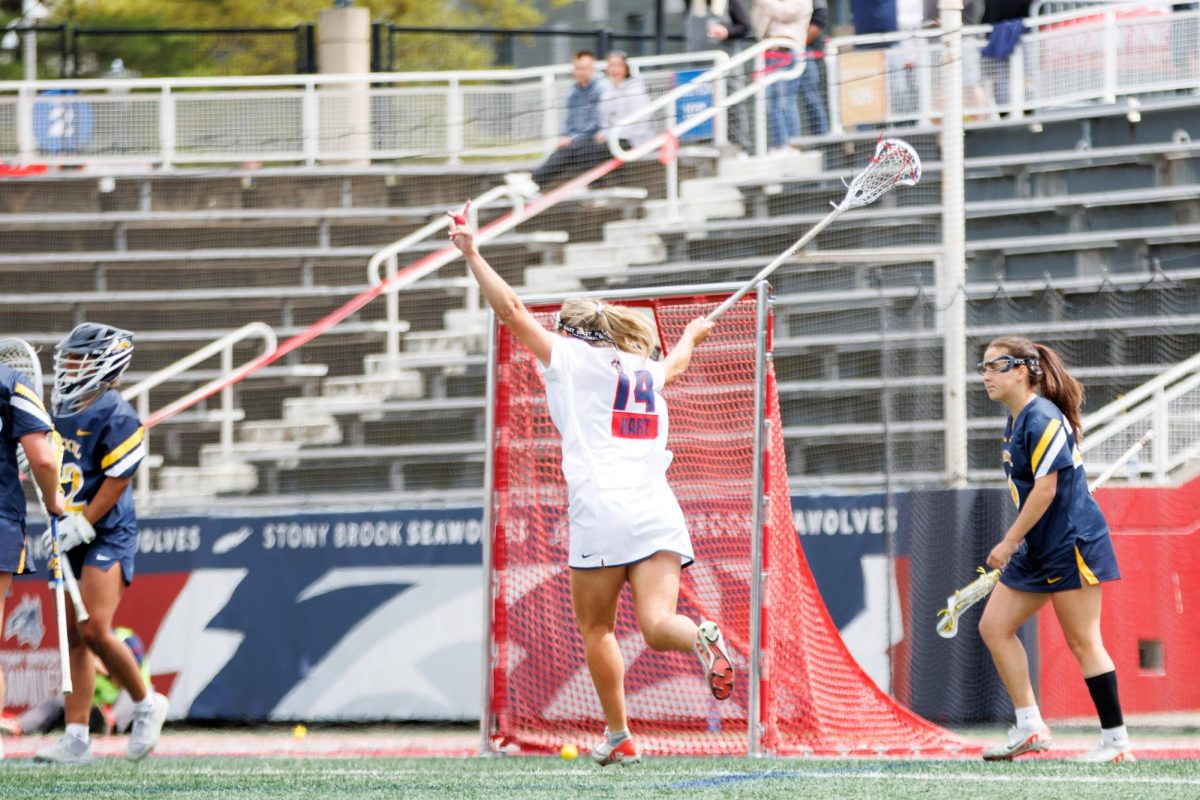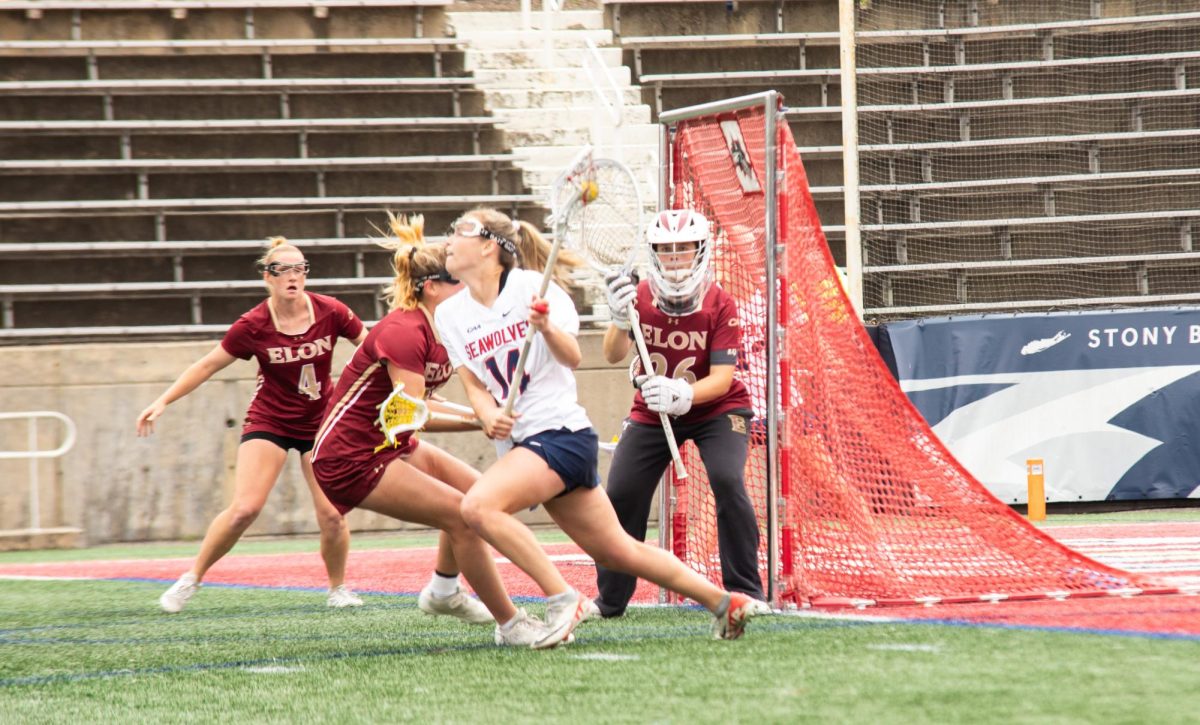The Center for Medical Humanities, Compassionate Care and Bioethics is now accepting applications for its new master’s degree program beginning in the spring of 2011. The program consists of 30 credits, which are divided among five required core courses and five electives, ranging from subjects such as “Disease and Society” to “Landmark Cases in Bioethics.”
To help lead the program, the center has chosen Dr. Stephen G. Post as its director. Post has much experience within the field of bioethics; he has published papers and books on altruism in the context of scientific research, and was the associate director for educational programs at Case Western Reserve University’s Department of Bioethics.
Bioethics is a field comprised of the philosophical study of ethical controversies brought about by advances in science and technology. Hotly debated topics within the sphere of bioethics include euthanasia, genetically modified foods, and in vitro fertilization. The medical humanities focus on applying topics such as the study of ethics, sociology and literature to the practice of medicine.
Both fields have had a substantial presence at Stony Brook since the 1970s, when Dr. Edmund D. Pellegrino, the first dean of the School of Medicine, began including ethics, law, humanities and the social sciences as part of the medical school’s curriculum.
“We’re aiming to not only teach students about ethics within healthcare and the life sciences, but also about the patient experience,” Post said. “We want to understand the qualities of a good doctor and hopefully change the way our students see and practice medicine.”
Post emphasized the “wide scope” of the program, stressing that the combined knowledge bases and efforts of biologists, philosophers and humanists are what separate it from bioethics schools at other universities. Its roster is indeed diverse, including scholars specializing in fields such as cancer pain management, religion and healthcare and obstetrics.
“To understand and address the ethical aspects of healthcare, life science and human nature you need to have people from different backgrounds,” Post said. “You just can’t approach these fundamental issues from a single viewpoint.”
Michael Roess, the program’s graduate assistant and website manager, conducted extensive research on other bioethics programs, analyzing “strengths and weaknesses and combining the best qualities of each.”
“We wanted to create a top-notch masters program that could rival those offered by the private schools in the city but was much more affordable,” Roess said. “Since issues in bioethics are so important to everyone today, we feel that there shouldn’t be a high financial barrier to being able to work on them.”
Post says that students of all majors and focuses are welcome into the program. Back at Case Western, the bioethics program he was in charge of was comprised of “a good mix of people, such as medical students, philosophers, law students, and even journalists.”
“A lot of our students were taking time off after their degrees,” Post said. “A lot of them happened to have majors in the social sciences, too.”
One such student was Dr. Julie M. Aultman, the director of Northeastern Ohio University’s Bioethics Certificate Program and an alumna of Dr. Post’s program at Case Western. Aultman, a pre-med and philosophy double major in her undergraduate years, said that the program helped her to find a career path in bioethics and provided her with a toolkit to succeed in a terminal degree program.
“It helped me to develop a sense of what bioethics is, how one can develop an identity in bioethics, and helped expose me to both theoretical and clinical ethics, both of which I practice now,” Aultman said. “My terminal degree took all the skills I learned in Case Western’s program and contextualized them.”
To apply for the Spring 2011 semester, students must submit their applications, along with other required documents, by Dec. 8. For students applying to the Fall 2011 semester, the deadline is Aug. 1, 2011.
A four page personal statement about what the program’s mission means to the student, three letters of recommendation, official school transcripts and the student’s GRE scores are also required, according to staff associate Dr. Michael L. Dorn.
Overall, predictions for the program’s future have been positive based on what Dr. Post calls a “wonderful past.”
“There are so many intelligent, high-energy people here who are also highly engaged,” Roess said. “Everyone is really welcoming— ready to listen to different ideas, but not shy about letting you know when they disagree.”
“I’ve seen a lot of the work that’s gone into designing these courses,” Roess said. “I know that this same energy is going to be present in the master’s program.”










